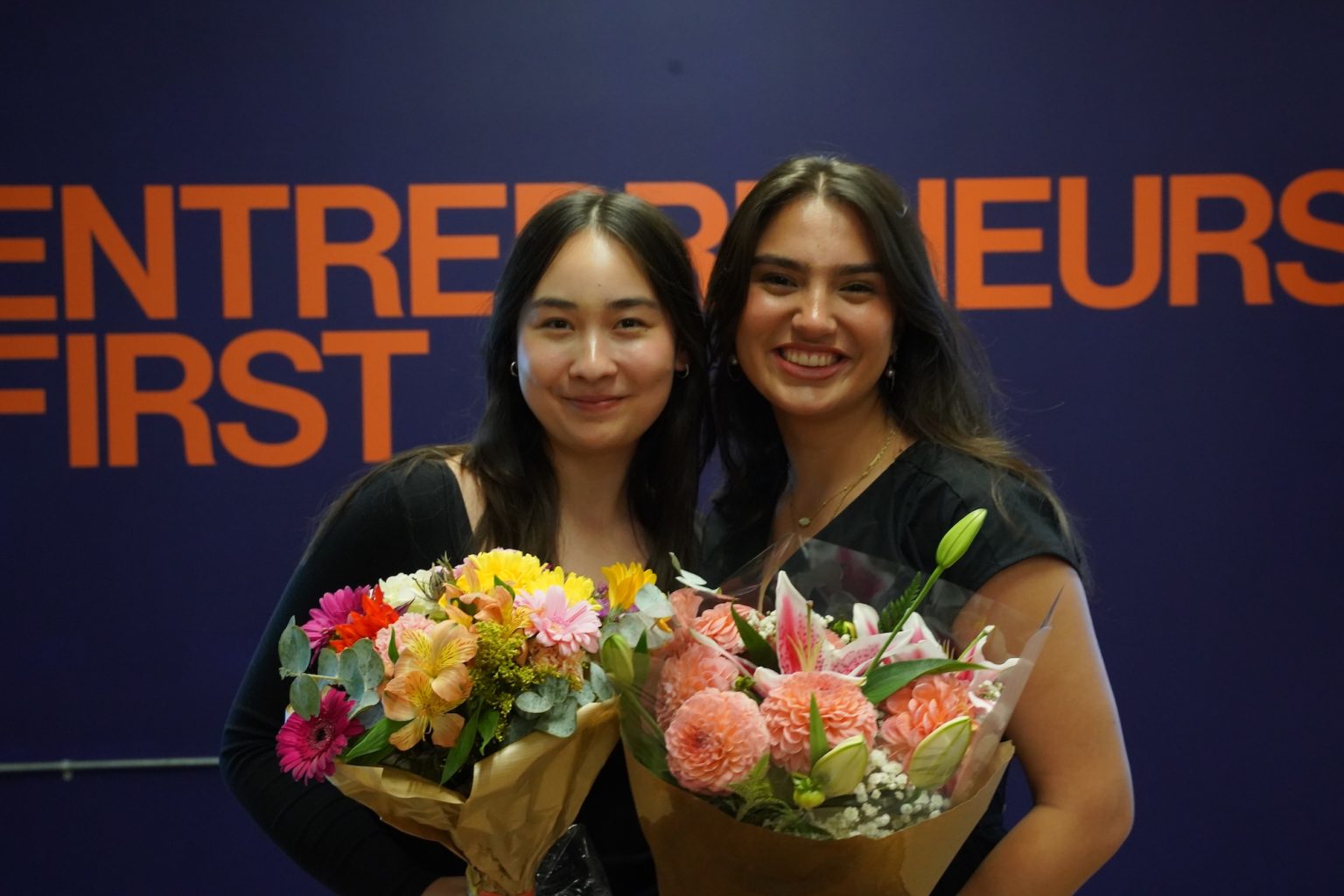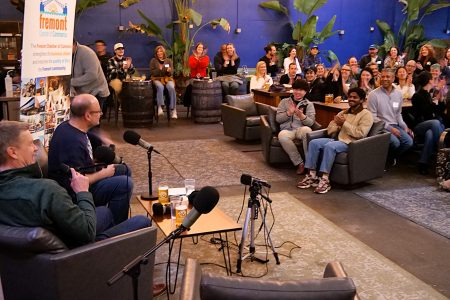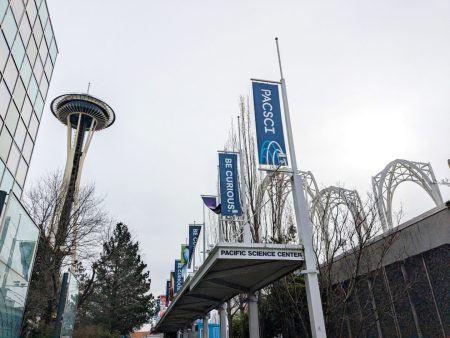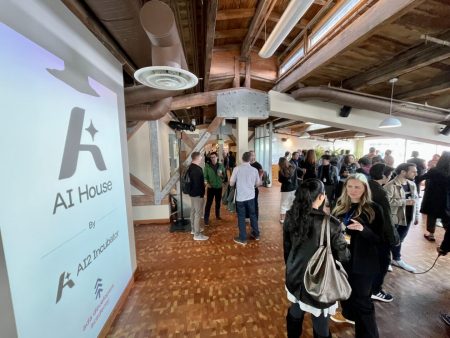The Rise of Female Founders in Seattle’s Tech Ecosystem
Seattle’s technology landscape is experiencing a remarkable transformation in female entrepreneurship, with funding for startups led by women reaching unprecedented levels. What was once a challenging environment for women like Yifan Zhang to find fellow female founders has evolved into a vibrant ecosystem supporting diverse leadership in tech. This shift represents not just a change in numbers but a fundamental evolution in how Seattle’s tech community approaches inclusion and innovation, particularly as artificial intelligence reshapes the industry.
The statistics tell a compelling story of progress: Seattle-area startups with at least one female founder raised $540 million in 2023, increasing to $730 million in 2024, and have already surpassed $1.2 billion in 2025. This dramatic growth signals a potential inflection point for women in tech, inspiring questions about what additional support structures might further accelerate this momentum. One such concept gaining traction is the female hacker house, exemplified by the FoundHer House in San Francisco, which created a co-living space for eight young female entrepreneurs to collaborate and support one another during the AI boom. Led by University of Southern California students Miki Safronov-Yamamoto and Anantika Mannby—both Seattle area natives—the initiative quickly attracted investor attention and culminated in a successful demo day, demonstrating the power of creating dedicated spaces for underrepresented founders.
The need for such initiatives remains clear given persistent gender disparities in the tech industry. A recent study by Russell Reynolds Associates revealed that 90% of CEO and top technical positions at AI companies in the United States are still held by men, while female-led startups continue to receive only a small fraction of total venture capital investment. These statistics highlight both the progress made and the substantial work still required to achieve equity in technology entrepreneurship. The success of FoundHer House has led to expansion plans for San Francisco and New York City, with Seattle potentially on the horizon—a homecoming of sorts for the founders who grew up in the area and recognize the region’s untapped potential for supporting female entrepreneurs.
Seattle has previously experimented with women-focused spaces in tech, though with mixed long-term success. The “Tune House,” launched in 2015, provided free housing and mentorship for women studying computer science at the University of Washington for several years before closing. Similarly, The Riveter opened in 2017 as a women-centric coworking space but shuttered its physical locations during the pandemic. More enduring has been the Female Founders Alliance, established in 2017 to support women and non-binary entrepreneurs, which has grown into a national organization operated by Seattle-based venture capital firm Graham & Walker. Leslie Feinzaig, founder of FFA and managing director at Graham & Walker, acknowledges both the need for more physical startup spaces for women in Seattle and the challenges of creating sustainable models that don’t financially burden early-stage founders.
The current AI boom may present the perfect opportunity for new physical spaces dedicated to women in tech. Seattle’s AI House startup hub has already begun hosting meetups for female founders, drawing dozens of participants eager to connect and support one another. These gatherings have organically evolved into dinner clubs and communities where women can share experiences and advice. Audrey Yun, manager at AI House, describes the power of these gatherings: “What’s really incredible is to stand in a room full of brilliant, innovative women tackling some of the hardest problems in their industries—and choosing to lean on each other as they grow.” This collaborative approach extends to partnerships with organizations like Ada Developers Academy, which focuses on training underrepresented individuals in tech, further strengthening the ecosystem for diverse founders.
Despite Seattle’s growing support for female entrepreneurs, challenges remain in establishing the city as a true startup hub rather than simply a corporate tech center. Safronov-Yamamoto acknowledges Seattle’s “great talent” while noting that entrepreneurship there still feels like “going against the grain” compared to San Francisco’s startup culture. Mannby observes the energetic startup scene in San Francisco, where young entrepreneurs thrive, but expresses hope for similar momentum in her hometown: “I definitely want to see Seattle, on a personal level, blossom as a startup community.” Both suggest that dedicated spaces like hacker houses could help bridge this gap by creating communities that make the entrepreneurial journey “less lonely and collectively more successful,” as Feinzaig puts it. As Seattle’s tech ecosystem continues to evolve, particularly in the AI era, the growing presence and success of female founders offers hope for a more inclusive and innovative future.














